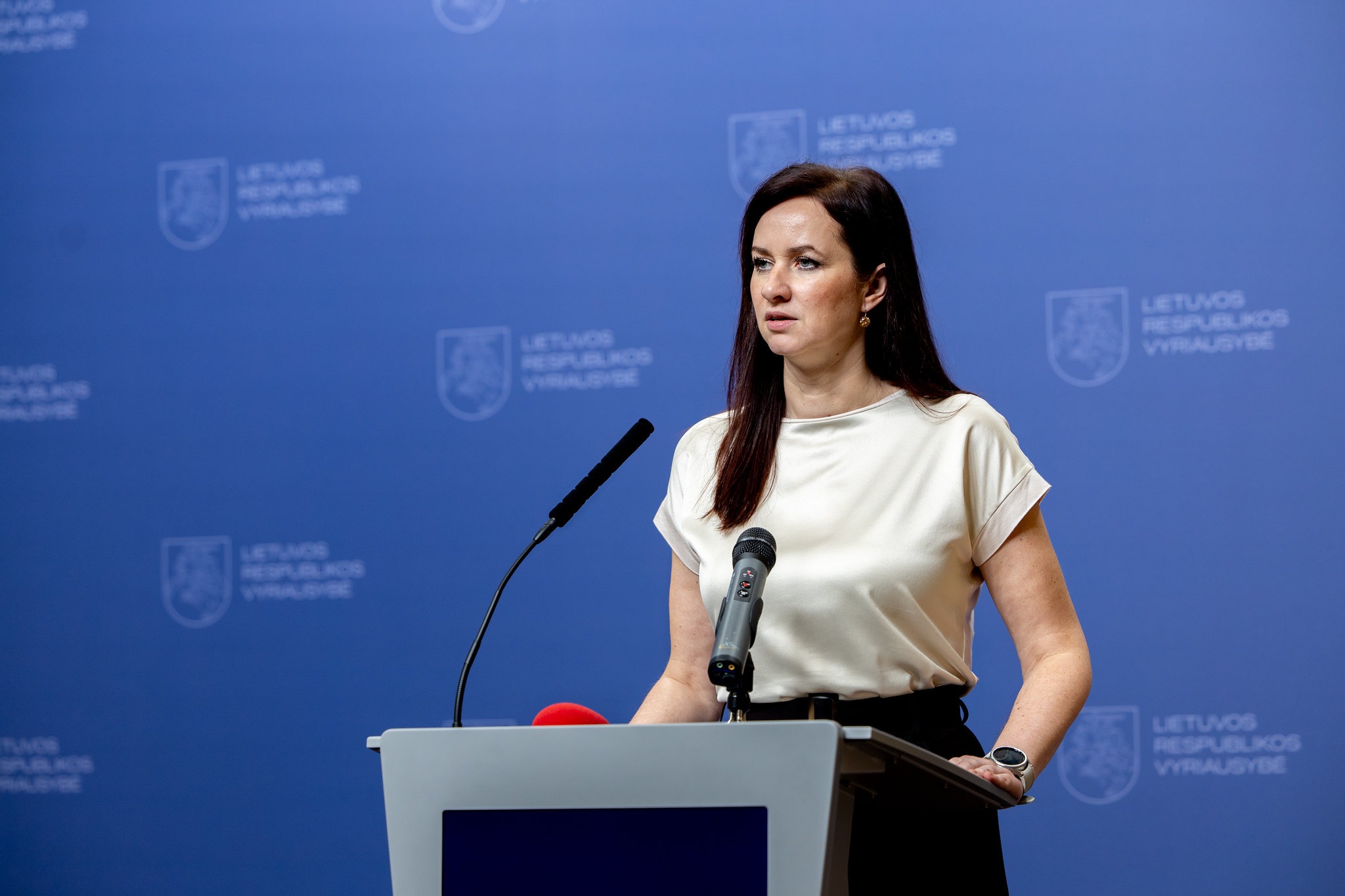
Main narratives:
- Anti-Ukrainian sentiments
- Russophobia in Estonia
Overview:
The so-called 28-point peace plan has triggered a wave of online commentary among pro-Kremlin online commentators, who have broadly dismissed the proposal as a tactical trap designed to buy Ukraine time to rearm while undermining Russia’s battlefield advantage. Many argue that Moscow should exploit the current moment to intensify pressure and secure its maximalist territorial aims, insisting the war must continue until Russia achieves a decisive victory. At the same time, these commentators insinuate that the United States is preparing to abandon Ukraine and that European governments will eventually be forced to follow Washington’s lead. They portray Western security guarantees as meaningless and denounce European counter-proposals as “unconstructive,” all while framing Putin as the only actor approaching the talks with restraint and supposed pragmatism.
Another theme widely discussed during the past week concerned the coalition negotiations following the municipal elections in places with a significant Russian-speaking electorate. In Narva, the incoming governing coalition is expected to consist of the Mikhail Stalnukhin List and the Katri Raik List. Mikhail Stalnukhin is a highly controversial political figure: a former long-time Centre Party MP known for publicly defending Soviet symbols, opposing the removal of the T-34 tank monument in Narva, and making statements that authorities and analysts described as pro-Kremlin or sympathetic to Russian narratives. In 2023, he was convicted for inciting hatred after comparing Estonian authorities to Nazis, which significantly damaged his national political standing but did not eliminate his local support base. Katri Raik, former Interior Minister and former mayor of Narva, remains one of the most prominent Social Democratic politicians in Estonia. However, a segment of the local electorate has long accused her of “betraying Narva’s interests”, particularly after she supported the relocation of the Soviet tank in 2022. Within the Estonian political establishment, Raik now faces criticism from the opposite direction: many politicians argue that entering a coalition with Stalnukhin legitimises pro-Kremlin rhetoric and undermines democratic credibility in a strategically sensitive border city. This contradictory dynamic has created fertile ground for online commentators, who frequently resort to simplistic and mutually exclusive labels, accusing opponents either of “Russophobia” or “being pro-Kremlin,” depending on the narrative they wish to promote. Such discourse illustrates how local political complexities are routinely reframed through identity-based disinformation tropes. A similar situation is unfolding in Tallinn, where a coalition is expected between the Centre Party, traditionally supported by Russian-speaking voters for more than 15 years and the conservative Isamaa party. Political discussions surrounding this coalition also frequently employ the “pro-Kremlin” label, especially when addressing the Centre Party’s past ties to Moscow and its historical role as the dominant party in Russian-speaking districts. The situation escalated following the arrest of Oleg Besedin, when it emerged that the Centre Party had for years allocated city budget funds to companies linked to Besedin for producing communication materials. This revelation strengthened accusations that the party had maintained informational and financial networks involving pro-Kremlin actors, further fuelling speculation and narrative manipulation in online discussions.









